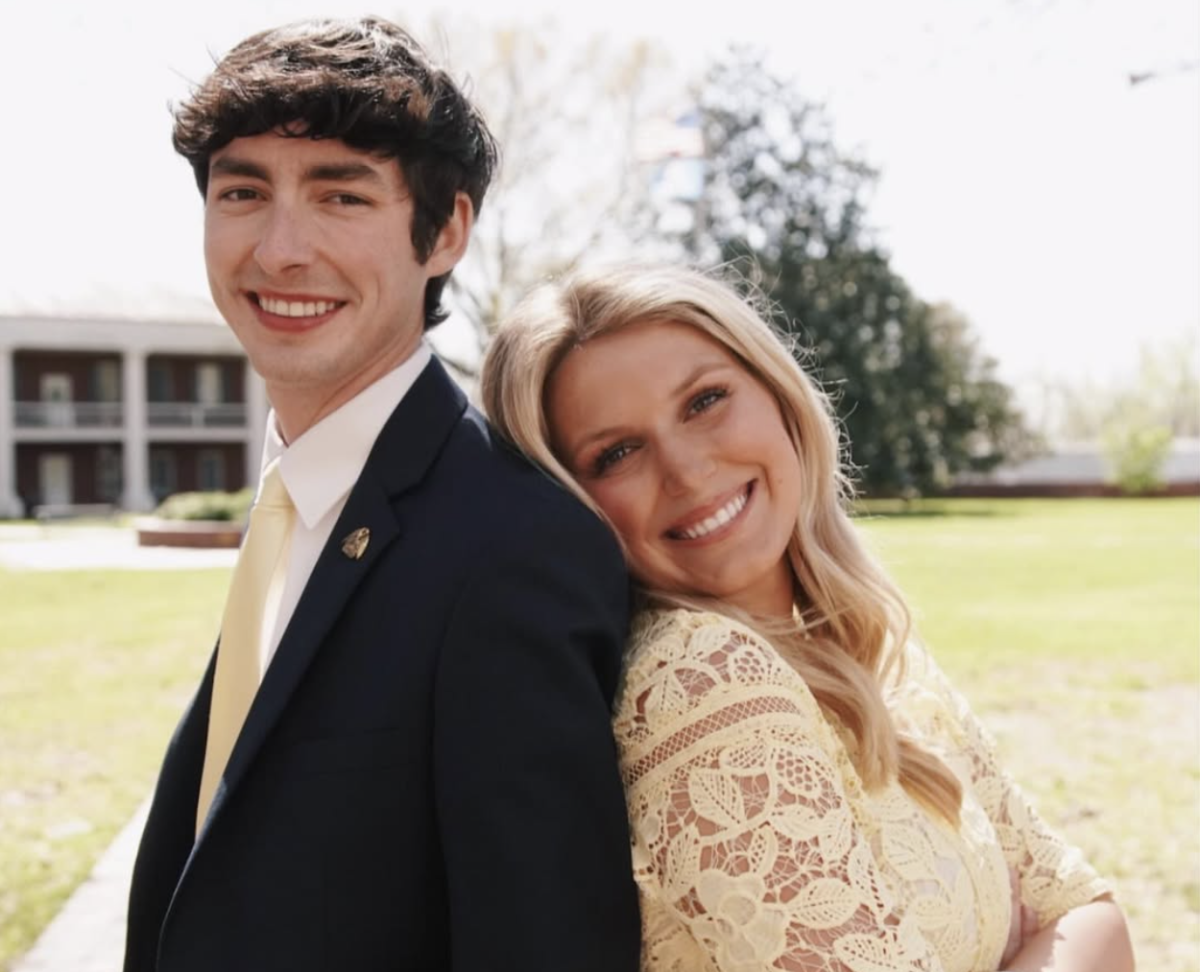After a successful trial period, the proposed 24 hour visitation policy has been approved.
Inter-Residence Council President Kyle Winters expressed joy in the moments following the policy’s approval.
“This expansion is a very positive step in what has been a long process for the Inter-Residence Council. We’re very pleased that we could advance an issue that has such broad student support,” Winters said. “Personally, it’s very gratifying to see the years of hard work paying off. The first round of 24-hour visitation expansion is something the student body has been looking forward to for a long time.”
Winters also stated the policy will give campus life a sense of increased independence.
“It’s empowering residents to make decisions for themselves,” said Winters. “After [the trial policy] was implemented we did a number of surveys and focus groups. The focus groups came back unanimously [saying the policy would] enhance the student experience at NC State. It’s something that empowers students; it’s something that’s going to enable them to [have] more freedom.”
Before the final decision was made, Student Body President Kelly Hook said that if approved, the 24 hour policy would serve as a victory for the student body, especially for those living on-campus.
“The approval would certainly be a win for the Inter-Residence Council and, by extension, the on-campus student body. N.C. State is the only university in North Carolina that does not have a 24 hour visitation policy and students should have that option,” said Hook.
Vice Chancellor for Student Affairs Thomas Stafford talked of the trial period and the future of campus visitation while the proposal awaited a final decision.
“We initiated the 24 hour visitation regulation…in the fall of 2010, and we started off with three residence halls to see how it would work,” said Stafford. “Bragaw, Turlington and North are the three [halls] that we initiated [the] proposal [will] increase the number [of halls with 24 hour visitation] for fall 2011.”
Stafford also discussed suggestions made by the IRC and University Housing, stressing the importance of campus options.
“As we look at the next year, the Inter-Residence Hall Council and the Housing Advisory Committee have recommended that we increase the number of residence halls that have this option. I always want to make sure we have options for our students,” Stafford said.
Regarding the results of the resident hall test pilots, Stafford talked of optimistic outcomes.
“The staff in Housing have reported to me that it’s working out very well. They’ve had no problems and it’s been very positive,” says Stafford.
Winters seconded positive feedback, stating, “In a survey, [we asked] half of Bragaw if they would choose to live in a 24 hour visitation building next year; 93% [answered yes]. ”
Along with this celebrated result, Stafford included why this proposal will have a positive impact on campus life.
“Student lifestyles today are of such a nature that many of our students will have a visitor that they want to stay in their room overnight. It accommodates the schedules and the environment that our current students find themselves in,” said Stafford. “I see this as having a very positive impact on our students’ evaluation of their residence hall experience.”
Although considered an overall victory for the University’s on-campus residents, Stafford expressed that expanding this policy to all residence halls would be questionable.
“I don’t think it would be wise to put 24 hour visitation in all halls at one time,” said Stafford.
Stafford said he felt this would be unwise, due to desires of students who may not find the now approved policy an attractive living option.
“I don’t know if we’ll ever get to a point where all the halls will carry a 24 hour policy because I think there may be some students who want to live in a hall where that is not allowed,” said Stafford. “The key concept is to have options in terms of facilities, in terms of the programs that are in [residence halls]. Whether or not a 24 hour visitation is allowed would be another option.”
Stafford further stressed the need for direct roommate communication in regards to any 24 hour visitation expansion.
“It certainly produces an environment in which the roommate relationship and the roommate agreements are very, very important,” said Stafford.
Winters also commented on the potentiality of 24 hour visitation issues, advocating for concrete roommate agreements.
“There’s a number of tools that people have to address any issues that this would possibly cause,” Winters said. “If you don’t want to have people over at certain times and if you say that in the roommate agreement, [then] it supersedes anything.”
Looking to the future of the campus, Stafford said he believes 24 hour visitation will spread to areas throughout campus.
“My expectation is that the number of halls in which we allow this will probably expand,” said Stafford. “But that will be done based on the response of my students. We’ll evaluate this every single year as we go along.”
Winters echoed this speculation, commenting on a prospective future for the policy.
“If we see as few issues as we did this year, then I’m confident that 24 hour visitation will continue to expand, and faster than before,” said Winters. ”This specific proposal was a collaboration between University Housing and the Inter-Residence Council. Any future expansion plans will be charged to future generations of IRC.”






